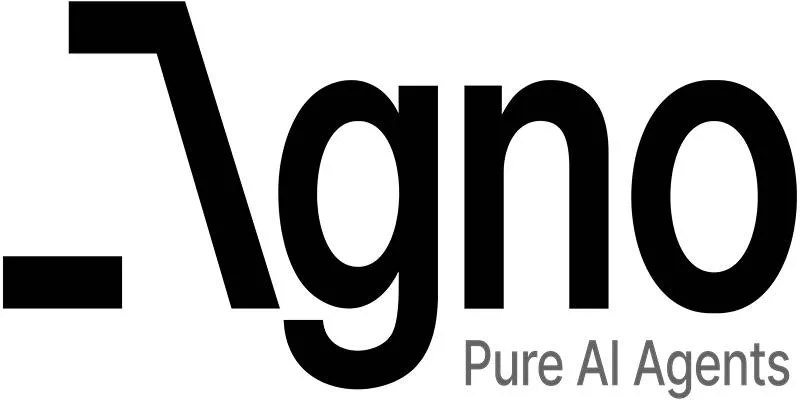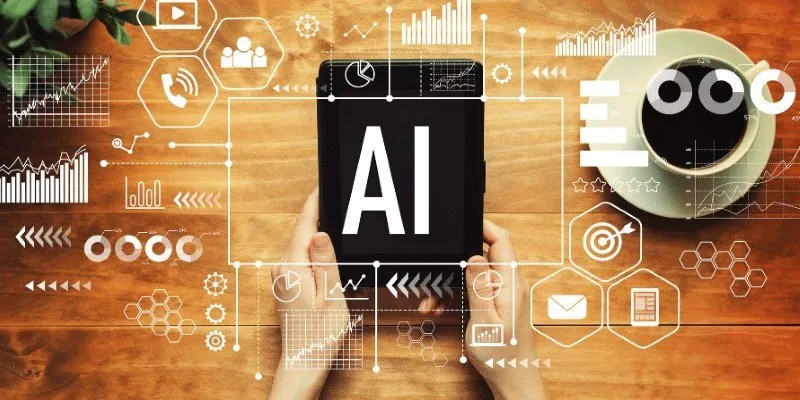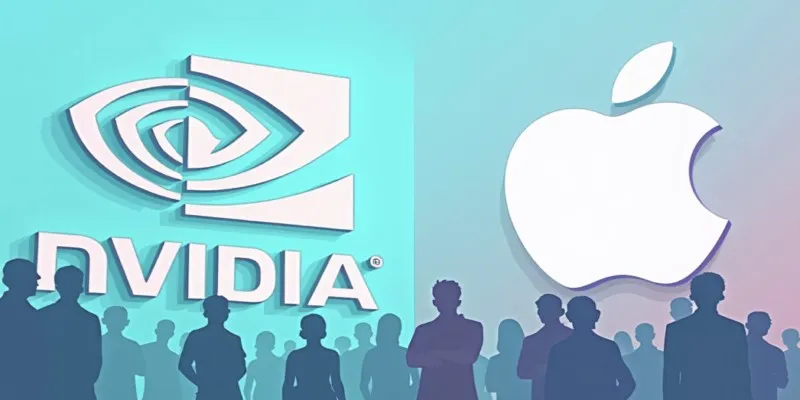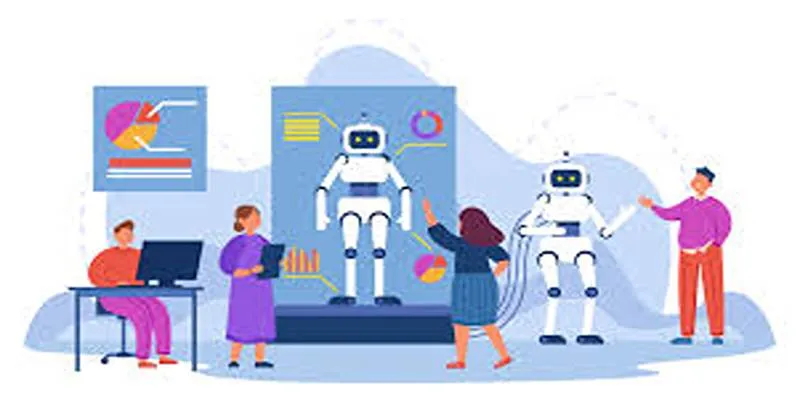Generative AI tools like ChatGPT and DALL·E are revolutionizing technology, but their rapid growth demands strong AI governance. Without it, GenAI risks harming individuals, companies, and society. This article explores why AI governance matters, its challenges, and how to ensure a safe, positive future as GenAI continues to evolve.
What Is GenAI?
 Artificial
intelligence with the ability to produce new content operates under the
connotations of Generative AI. The system generates content from different
formats including texts, images, videos, music, alongside elaborate designs.
GenAI generates new final outputs through the analysis of patterns extracted
from its acquired knowledge while traditional AI systems remain limited to
information processing alone.
Artificial
intelligence with the ability to produce new content operates under the
connotations of Generative AI. The system generates content from different
formats including texts, images, videos, music, alongside elaborate designs.
GenAI generates new final outputs through the analysis of patterns extracted
from its acquired knowledge while traditional AI systems remain limited to
information processing alone.
Examples of GenAI
You have likely interacted with GenAI already. For example:
- Chatbots that write essays or stories
- AI programs that create digital artwork
- Tools that compose music or design websites
These innovations are powerful but also come with risks if not used responsibly.
The Growing Popularity of GenAI
The growing popularity of Generative AI (GenAI) can be attributed to its remarkable versatility and accessibility. Businesses, creatives, and individuals across various industries are leveraging these tools to streamline workflows, spark creativity, and solve complex problems. From automating tedious tasks to creating compelling content, GenAI has become a vital resource in today’s digital age.
Reasons Behind the Boom
Several factors have fueled the explosion of interest in GenAI:
- Accessibility : Many GenAI tools are free or inexpensive.
- Productivity : GenAI saves time by helping create content faster.
- Creativity : It offers new possibilities for artists, writers, and businesses.
- Business Potential : Companies see GenAI as a way to cut costs and innovate.
As more people and organizations explore GenAI, the need to guide its use becomes clear.
The Double-Edged Sword
While GenAI offers many benefits, it also poses threats:
- Misinformation : AI can create convincing but false content.
- Bias : If AI models learn from biased data, they produce unfair results.
- Security Risks : AI tools can be misused to create harmful material.
- Job Displacement : Some worry that automation will replace human workers.
These challenges show why AI governance is not optional but necessary.
What Is AI Governance?
AI governance refers to the frameworks, rules, and policies that guide the development and use of artificial intelligence. Good governance ensures that AI is:
- Safe
- Fair
- Transparent
- Accountable
It involves governments, companies, researchers, and the public working together to create guidelines.
Key Areas of AI Governance
Some major areas that AI governance must address include:
- Ethics : Ensuring AI respects human rights and dignity.
- Data Privacy : Protecting user information from misuse.
- Security : Preventing AI tools from being used for harm.
- Transparency : Making it clear how AI decisions are made.
- Accountability : Holding creators and users responsible for AI outcomes.
Without governance, GenAI could cause more harm than good.
Why AI Governance Is More Urgent Than Ever
As artificial intelligence continues to integrate into numerous aspects of society, the potential risks and challenges it poses are growing rapidly. Strong AI governance is essential to ensure these technologies are developed and used responsibly, minimizing harm and maximizing benefits.
Fast-Paced Development
Technology is advancing faster than regulations can keep up. GenAI tools are becoming more powerful each year. Without updated policies, bad actors could exploit these tools for personal gain or harm.
Widespread Use
Today, GenAI is used by millions around the world. From students using AI for homework to businesses using it for marketing, GenAI affects many areas of life. Poor oversight could lead to widespread problems like data leaks, scams, and discrimination.
Lack of Global Standards
Currently, there is no single set of international rules for AI. Each country handles AI differently, which creates confusion and loopholes. Strong, global governance is needed to set clear expectations.
Challenges in Building AI Governance
Building effective AI governance faces numerous challenges due to its complex, multifaceted nature. These obstacles range from rapid technological advancements to differing global priorities and ethical considerations.
Balancing Innovation and Regulation
One major challenge is finding the right balance. Too much regulation could slow down innovation. Too little could invite chaos. Policymakers must create rules that protect people while still allowing technology to grow.
International Cooperation
AI is not bound by borders. To govern it properly, countries must work together. This is difficult because nations have different values, interests, and political systems.
Technical Complexity
Understanding how AI systems work is not easy. Regulators often lack technical knowledge. Without proper understanding, it is hard to create effective policies.
How to Build Better AI Governance
Building better AI governance requires a collaborative effort between governments, industries, and experts. Clear policies, transparency, and ethical considerations are crucial to ensuring AI benefits society as a whole.
Involving All Stakeholders
AI governance should not be left only to governments. Businesses, researchers, civil society groups, and everyday users must all have a voice. Collaboration creates stronger and more inclusive policies.
Setting Clear Standards
Clear rules are essential. Standards must define what is acceptable and what is not. They should also explain how companies will be held responsible if their AI systems cause harm.
Encouraging Transparency
Companies and developers must be open about how their AI systems work. Transparency builds trust and allows users to make informed decisions.
Investing in Education
The public must understand how GenAI works and what risks it carries. Education programs can help people use AI safely and responsibly.
Supporting Research
Governments and organizations should support independent research on AI safety and ethics. Ongoing research ensures that governance frameworks stay up-to- date.
The Future of GenAI and Governance
 The future
of Generative AI (GenAI) and its governance holds immense potential and
significant challenges. Establishing robust frameworks will be crucial to
ensuring innovation aligns with ethical and societal values.
The future
of Generative AI (GenAI) and its governance holds immense potential and
significant challenges. Establishing robust frameworks will be crucial to
ensuring innovation aligns with ethical and societal values.
New Opportunities
With strong governance, GenAI can unlock amazing new opportunities. It can improve healthcare, education, business, and more.
Shared Responsibility
Governance is a shared responsibility. Governments, companies, and users must all work together. Each has a role to play in ensuring AI serves humanity, not harms it.
Building Trust
Strong governance builds public trust. When people trust AI, they are more likely to use it and benefit from it.
Conclusion
Exploding interest in GenAI is changing the world. But without proper AI
governance, the risks could outweigh the rewards. Governance ensures that AI
remains a tool for good. It protects our rights, promotes fairness, and builds
a future where technology uplifts everyone.
As GenAI continues to evolve, so must our efforts to govern it wisely. The
time to act is now.
 zfn9
zfn9






















